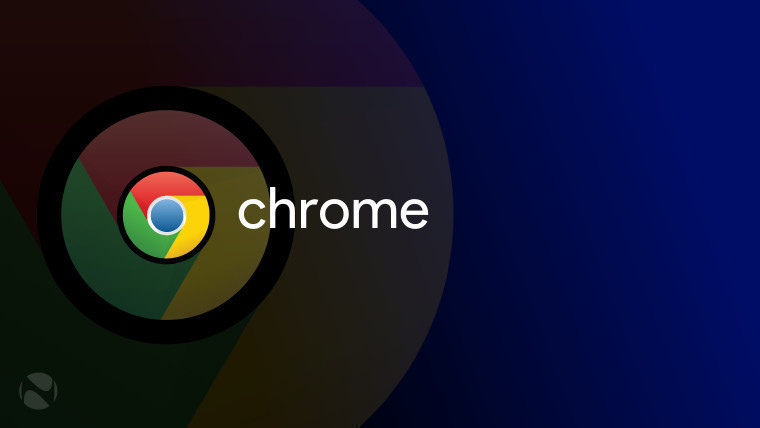
In a new blog post outlining measures the company is taking to make the web a more pleasant place, Google today announced a major change to how its Chrome browser will interface with ads. Following up on its promise from last year, the company is showing its serious about making ads better.
The post outlines Google's intentions to block all ads on any website that it finds to be 'abusive' in the manner in which ads it serves ads to visitors. The company had already started to block ads it believed were 'intrusive' in February of this year, but it seems its current protections were not doing enough, with more than half of what it considers abusive experiences passing through the filters. As a result, the search giant is upping the ante by blocking all ads on offending sites.
Some examples of what Google considers misleading or abusive experiences are ads that try to trick the user by masquerading as a system warning, ads which do not close even after you press the 'close' button and ads used by scammers and phishers to steal personal information. In general, Google expects all sites to abide by the Better Ads Standards prescribed by the Coalition for Better Ads.
Webmasters can check if their site contains any ads which would trigger Google's filters by going to the Abusive Experience Report in their Google Search Console before the changes are implemented in December, with the release of Chrome 71. Experiences flagged as abusive will be given a 30-day period for removal, after which ads on the site will be blocked. The company also noted that if, for some reason, a user wanted to see purportedly abusive ads without Google's filtering, they could manually turn off the protections in the browser settings.
As an online publication, Neowin too relies on ads for operating costs and, if you use an ad blocker, we'd appreciate being whitelisted. In addition, we have an ad-free subscription for $28 a year, which is another way to show support!

















30 Comments - Add comment